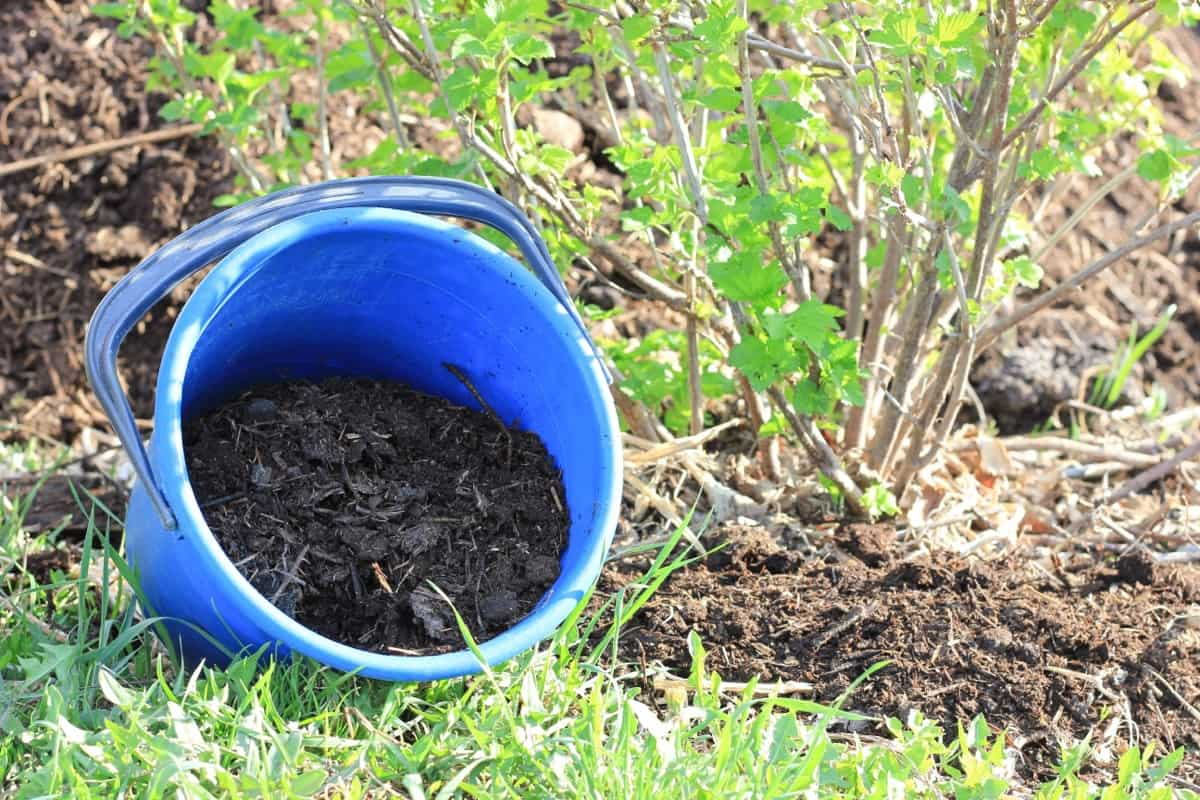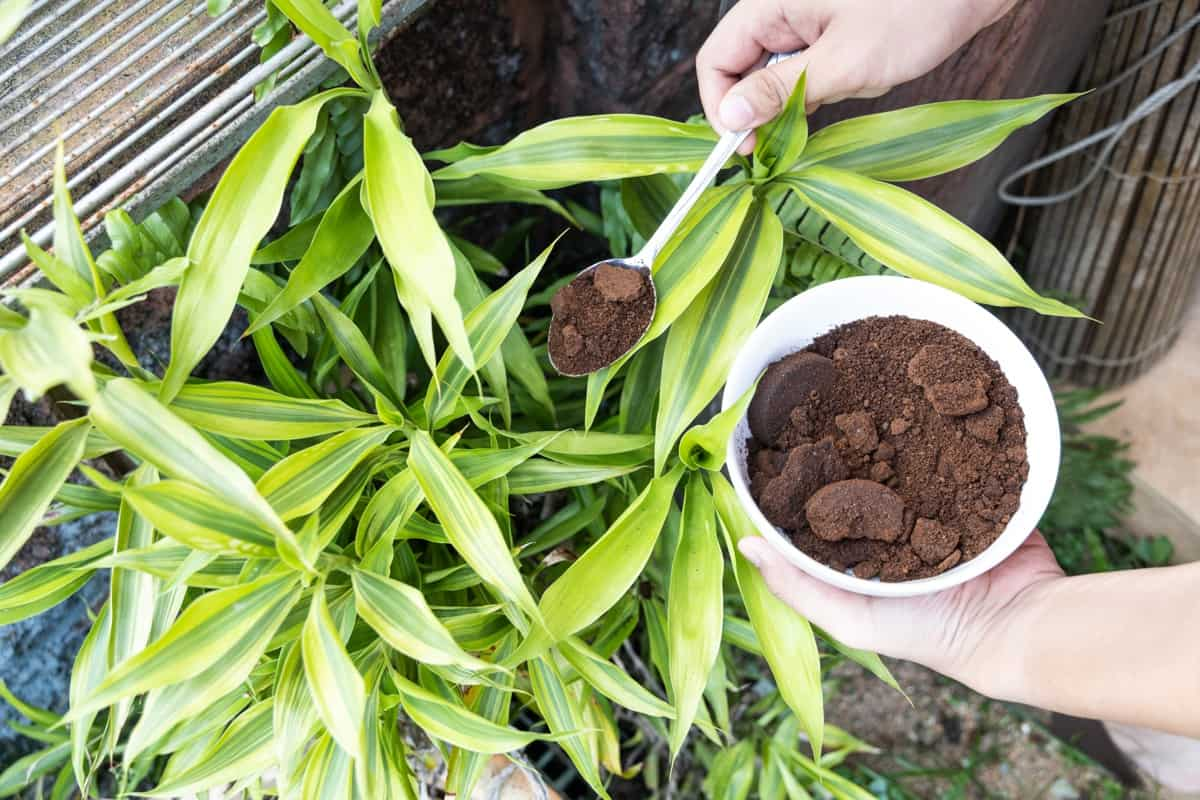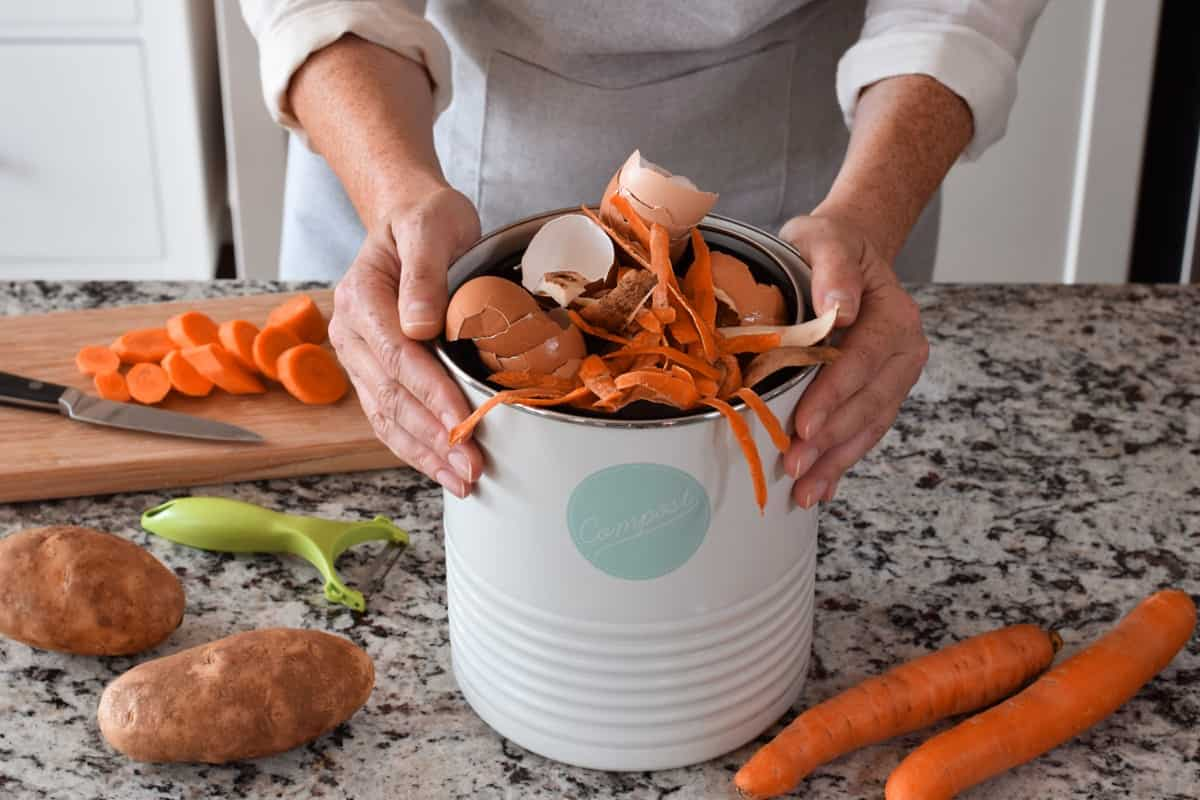To grow healthy, thriving plants in your garden, you must ensure they get the proper nutrients. There are many benefits to making your homemade fertilizers. Homemade fertilizers are also often more effective than commercial products since they are tailored to your plant’s needs. Natural fertilizers are made from renewable resources, so they are environmentally friendly. They also tend to be gentler on plants than chemical fertilizers. This means they are less likely to cause damage to delicate roots or leaves.
11 best homemade natural garden fertilizers
Manure
- Organic manure is the best homemade natural garden fertilizer. It is rich in nutrients and helps improve soil structure. Manure can be applied to gardens in several ways. Manure should be applied at least six weeks before planting to give it time to break down and become incorporated into the soil.
- Fresh manure should never be applied directly to plants, as it can burn their roots. When using fresh manure, it should be well-rotted or composted first.

Cooking water
- Different water sources can affect your plants, so choosing the right type of water is important. Cooking water is often rich in minerals and nutrients that can benefit plants. This type of water is especially good for houseplants and potted plants that need an extra boost of nutrition.
- To use cooking water for your plants, let the water cool to room temperature before watering as you normally would.
Tree leaves
- Tree leaves are an excellent source of organic matter for your garden. They improve the soil structure, aeration, and drainage and provide a slow-release source of plant nutrients. Shred or chop leaves before adding them to the garden. This will help them break down more quickly.
- Add a layer of shredded leaves to the bottom of planting holes before adding plants. This will help improve drainage and prevent root rot.
- Use chopped or shredded leaves as mulch around plants. This will help suppress weeds and keep the soil moist.
Worm tea
- Worm castings are an excellent source of fertilizer for your plants. They are packed with nutrients that plants need to thrive and help improve soil structure and drainage. Castings also contain beneficial microbes that can help protect plants from diseases.
- Worm tea is one of the best homemade natural garden fertilizers. It’s rich in nutrients and minerals that plants need and easy to make. Collect some worms. Place the worms in a bucket or container, cover them with water, sit for a few days, then strain out the worms (you can compost them). Use the resulting tea to water your plants.
Coffee grounds
For every 1 cup of coffee grounds, add 1 cup of water. Once mixed, let the coffee grounds steep for 30 minutes to allow them to break down slightly. After 30 minutes, the coffee grounds and water mixture are ready to use as a fertilizer for your plants. Apply it to the soil around your plants, taking care not to get any on the leaves or stems.
In case you missed it: How to Grow Long Green/Violet Brinjal at Home: A Step-by-Step Process

Eggshells
- To make your eggshell fertilizer, collect eggshells from your kitchen and crush them into a powder. You can add this powder to your plants’ soil or water them with eggshells. Eggshells are especially beneficial for plants prone to blossom end rot, such as Tomatoes, Peppers, and Squash.
- The calcium in eggshells helps to prevent this condition by strengthening the plant’s cell walls. Eggshells can also help deter pests such as slugs and snails from attacking your plants. Simply scattering crushed eggshells around the base of your plants will create a barrier that these pests will not cross.
Banana peels
- Banana peels are one of the best homemade natural garden fertilizers. They are rich in potassium and other essential nutrients that help plants grow and flourish.
- Place the peels in a compost bin or dig them into the soil around your plants. Use ripe banana peels left to decompose for a few days for the best results.
Grass clippings
- Grass clippings are an ideal source of nitrogen for your garden. When left to decompose, they release their nutrients slowly, making them available to your plants over time. They also help improve the soil’s structure and drainage.
- To use grass clippings as fertilizer, spread them around the base of your plants. You can also add them to your compost pile. Be sure to chop or shred the clippings first, so they decompose more quickly.
Aquarium water
- Aquarium water contains various nutrients that can benefit plants, including nitrogen, phosphorus, and potassium. These nutrients can help to promote growth and improve the health of your plants.
- Aquarium water can be used as a fertilizer for houseplants, vegetables, flowers, and herbs. To use aquarium water as a fertilizer, add it to your watering can or spray bottle and apply it to your plants.
Compost
Compost is one of the best homemade natural garden fertilizers. It is rich in nutrients and helps improve the soil’s quality. Compost can be made from various materials, including kitchen scraps, leaves, and grass clippings. Add these ingredients to a bin or pile to make compost and allow them to decompose. Once the materials have decomposed, they can be added to your garden beds or used as mulch around plants.
In case you missed it: Top 8 DIY Vegetable Garden Ideas: Creative Tips to Grow Vegetables

Compost tea is an excellent option if you’re looking for a homemade, natural fertilizer for your plants. To make compost tea, place some compost in a bucket or other container and add water until the compost is completely submerged. Let the mixture steep for 24 hours, strain the solids, and apply the tea to your plant’s roots or leaves.
Epsom salt
- Epsom salt can be used as a fertilizer for houseplants, vegetables, flowers, and herbs. It is rich in magnesium and sulfate, essential nutrients for plant growth. Epsom salt can be added to the soil or watering can or dissolved in water and applied to the leaves of plants.
- Epsom salt is an effective fertilizer for all types of plants. It helps promote green leaves, strengthens stems and branches, and encourages blooming. It is also beneficial for root growth.
Conclusion
There are many benefits to using natural fertilizers in your garden. They can improve your plants’ health, help build the soil, and save money. Homemade natural garden fertilizers are a great way to keep your plants healthy and strong without resorting to harsh chemicals. With the addition of natural ingredients, you can quickly provide added nutrients for your houseplants, vegetables, flowers, and herbs.
- Feed Your Flock for Less: Top 10 Tips to Save on Chicken Feed
- Ultimate Guide to Ossabaw Island Hog: Breeding, Raising, Diet, and Care
- Hatching Answers: The Top 10 Reasons Your Chickens Aren’t Laying Eggs
- Eggs and Economics: Breaking Down the Cost of Raising Backyard Chickens
- Defend Your Greens: Proven Methods to Keep Iguanas Out of Your Garden
- Ultimate Guide to Cinnamon Queen Chicken: A Comprehensive Guide for Beginners
- Ultimate Guide to California Tan Chicken: Breeding, Raising, Diet, Egg-Production and Care
- Ultimate Guide to Marsh Daisy Chicken: Breeding, Raising, Diet, and Care
- 10 Types of Chicken Farming Businesses You Can Start for Profits